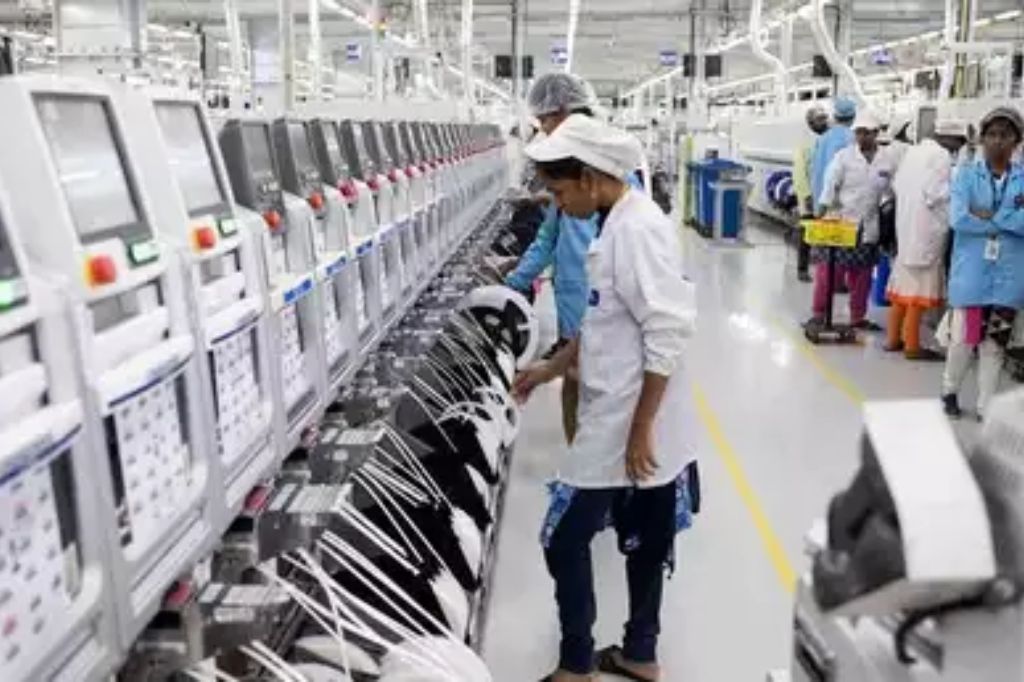In a bold move that underscores the shifting sands of global supply chains, tech giant Apple has amplified its manufacturing operations in India. This decision, while economically sound, has not gone unnoticed or uncontested, especially by Chinese netizens.
Key Highlights:
- Apple has significantly expanded its manufacturing base in India.
- The first batch of India-made iPhones was available for global sale simultaneously with Chinese-made units.
- Chinese social media platforms and state-run media have raised concerns over the quality of iPhones produced in India.
- Indian consumers and industry leaders have staunchly defended the quality of India-manufactured devices.
- The move hints at deeper geopolitical currents influencing multinational business strategies in the Asia Pacific.
Delving Deeper:
Apple’s strategic pivot towards India as a manufacturing hub marks a significant departure from its traditional reliance on China. This move, while economically motivated, has broader implications:
Manufacturing Reshuffle: Apple’s transition signifies more than just a business decision. It’s a reflection of the evolving economic landscape in the Asia Pacific. With India emerging as a viable alternative, China’s longstanding dominance in the tech manufacturing sector might be challenged. This could reshape trade dynamics and alliances in the region.
Quality Over Quantity: The backlash on Chinese social media platforms underscores the challenges Apple faces in ensuring consistent product quality across different manufacturing bases. While rumors about the quality of India-made iPhones abound, many Indian consumers have vociferously defended their home-produced devices. Apple’s reputation hinges on its ability to deliver top-notch products, irrespective of their production origin.
Also Read: Disney Star Announces Robust Sponsor Lineup for ICC World Cup Broadcast
Geopolitical Undercurrents: The social media storm isn’t just about iPhones. It’s emblematic of deeper geopolitical tensions simmering between India and China. As businesses globalize, they must navigate these intricate geopolitical waters, balancing economic interests with regional sensitivities.
Transitioning Forward:
As Apple continues to recalibrate its global supply chain, other multinational corporations might follow suit, weighing the economic benefits against geopolitical considerations. The Asia Pacific, with its dynamic economies and intricate political tapestry, remains a region of immense potential and challenges.











